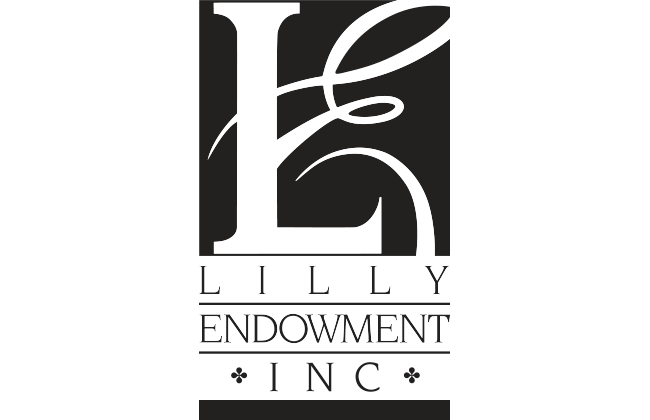The Reformed Church in America has received a $1 million grant as part of Lilly Endowment Inc.’s National Initiative to Address Economic Challenges Facing Pastoral Leaders. The initiative supports a variety of religious organizations across the nation as they address the financial and economic struggles that can impair the ability of pastors to lead congregations effectively.
The RCA plans to use part of this grant money to establish a Ministerial Excellence Fund, which will provide resources to help pastors invest in their future, address any pressing financial needs, and offer limited emergency financial assistance. This fund will be matched by gifts from RCA congregations and individual donors.
The remainder of the grant money will be used to establish programs to better equip pastors and congregational leaders for personal financial management and growing congregational generosity. The RCA will partner with other organizations in this mission, including the Lake Institute on Faith and Giving, Leadership Network, and the Evangelical Council on Financial Accountability, in order to increase awareness about the financial challenges faced by RCA pastoral leaders.
“We are grateful for the generosity of the Lilly Endowment and their support of our pastors and congregational leaders in such an important task,” said Tom De Vries, RCA general secretary. “The mission of the RCA is to equip these leaders for ministry. With the Lilly Endowment’s help, we will be able to provide help, relief, education, and strategic action that will enable RCA leaders to effectively face and overcome the economic challenges present in today’s ministry environment.”
The Lilly Endowment is giving $28 million in grants through this initiative. The grants are part of the endowment’s commitment to supporting the pastoral leadership development of clergy serving in congregations across the United States.
The RCA is one of 27 organizations taking part in the initiative, which represents a variety of Christian traditions, including Baptist, Catholic, Episcopal, Lutheran, Mennonite, Presbyterian, Reformed, and Wesleyan churches, as well as non-denominational and historic African American Christian communities. Each program is customized to the needs of pastoral leaders in each religious tradition.
“Pastors, especially those just beginning in ministry, accept low salaries as part of their commitment to God and to church,” said Christopher L. Coble, vice president for religion at the endowment. “Many enter ministry with significant debt from their undergraduate and seminary years and often have little financial resiliency when financial emergencies arise. These organizations understand the importance of the financial wellbeing of pastors and the implications for the congregations they serve.”





